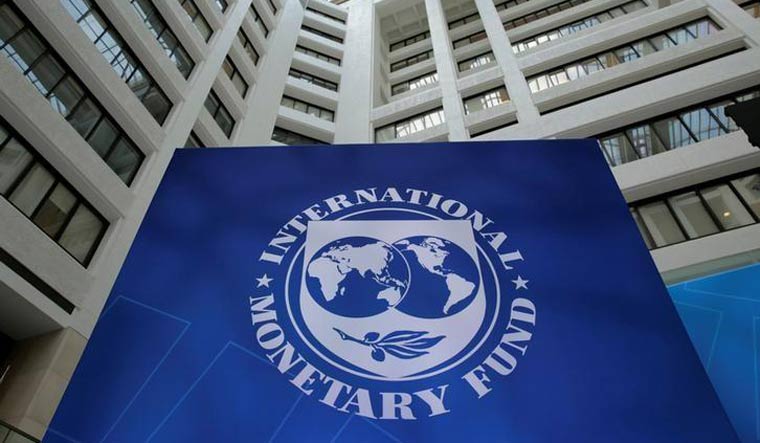Afghanistan will no longer be able to access IMF resources, including around $460 million in new monetary reserves, in the wake of the Taliban's takeover of the war-ravaged nation. The move, the IMF said, is due to a lack of clarity over the country's government after the Taliban seized control of Kabul. The fund freeze came as the IMF was scheduled to disburse the $460 million in emergency currency reserves to Afghanistan next week.
"There is currently a lack of clarity within the international community regarding recognition of a government in Afghanistan, as a consequence of which the country cannot access Special Drawing Rights (SDRs) or other IMF resources," an IMF spokesperson said in an emailed statement. These funds were part of a global IMF response to the economic crisis. SDRs are the IMF's unit of exchange based on sterling, dollars, euros, yen and yuan. The reserves in SDR assets can be converted to government-backed money.
The IMF's announcement came amid pressure from the US Treasury, which holds a controlling share in the fund, to ensure that Afghanistan's share of SDR reserves allocation scheduled for Monday does not fall into Taliban hands. "As is always the case, the IMF is guided by the views of the international community," the spokesperson added.
The IMF is funded with contributions by its 190 member nations, and the United States is the largest shareholder. So its opposition to the Taliban obtaining access to the reserve assets carries significant weight.
The IMF is guided by its member countries, and if a government is not recognised as legitimate then it cannot gain access to existing or new SDRs. Canada, the European Union and Russia have said publicly that they are not ready to recognise the Taliban as the government in Afghanistan.




